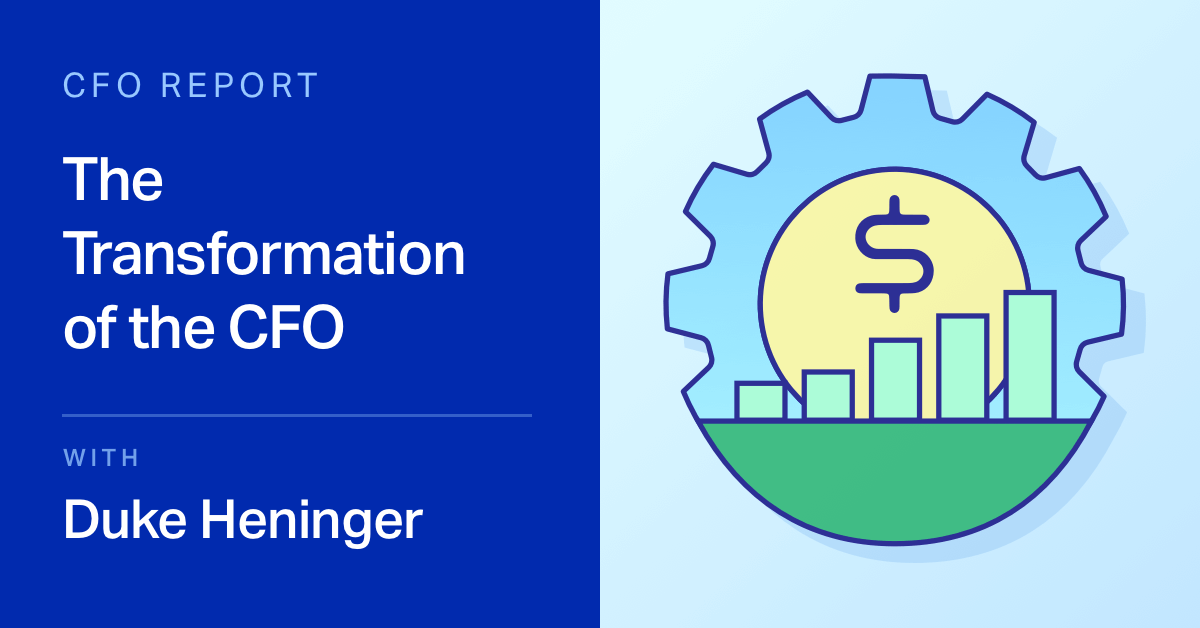As COVID-19 reshaped business operations globally, many companies saw devastation due to inadequate cash resources. Those who prioritized cash management before the crisis endured the uncertainty, while others who were unprepared suffered from cash-related issues such as bankruptcy, layoffs, and permanent closures.
Keeping the business afloat was the CFO’s main objective during the pandemic and many finance leaders had to enact drastic measures like budget cuts and plant shutdowns. This disrupted the global supply chain and caused an economic fallout. The key lesson executive teams learned was the importance of having available cash. To ensure that working capital is available for business opportunities, it is critical to safeguard cash. CFOs and finance leaders have a chance to redirect the current spotlight on cash into a long-term practice to guide business decisions.
Growth Champions Focus on Innovation and Strong Change Management
Following COVID-19, companies have focused on making operational changes that unlock cash for future emergency situations. Whether the priority is on the current state of cash, how to create more of it, or how to leverage their current position, CFOs can develop ways to efficiently manage and optimize cash in their companies. Cultivating an organization that values the importance of financial discipline is a team effort that extends beyond the finance team. According to McKinsey, there are three key factors to consider when creating cash focused organizational culture: people, structures, and process frameworks.
People are the most important part of any organization
Implementing a new process for handling cash could be met with some level of pushback, as employees can be averse to change. Leadership can make the change more seamless by stressing that cash is also necessary for growth and asset allocation for new projects. Create internal dialogue to explain why implementing stricter cash management processes is essential and what cash excellence means to motivate employees to take part in the movement.
Structure creates greater accountability and discipline
A CFO can kickstart the discussion about cash and set the bar for performance. Routinely examining cash management practices with managers and directors helps to establish a clear consensus. Everyone within the organization is responsible for practicing financial discipline, and management should delegate ownership within their functions accordingly.
Processes guide your organization to meet goals
Receiving internal buy-in is critical for employees to take action on cash management strategies. Once messaging and regular check-ins are established, CFOs should partner with department leaders to develop performance metrics for tracking. Creating organizational change may demand frequent testing and adjustment as business needs evolve.
The Significant Pieces of Working Capital: Receivables, Payables, and Inventory
According to recent data, companies are “very likely tying up tens of millions of dollars, and in some instances even more than 100 million dollars, in less-than-optimal working capital management practices”. Poor invoicing practices, weak policies, or inefficient processes all slow the cash conversion cycle. To transition from a culture of cash preservation to cash excellence, finance teams should focus on the optimization of working capital through accounts receivable, accounts payable, and inventory.
Accounts receivable ensures that the cash steadily flows into the business. CFOs should implement an end-to-end process that helps to optimize the accounts receivable function that includes:
- Standardizing payment terms to lessen errors across accounts and build efficiency.
- Completing customer onboarding and streamlining the invoicing process.
Accounts payable maintains business operations and supports vendor relationships. AP teams must strictly monitor working capital to meet contractual obligations. Paying invoices slowly builds debt and deteriorates vendor relationships. The following changes can unlock cash flow from within accounts payable:
- Improving vendor management by tracking performance over time.
- Reducing reliance on manual processes and eliminating wasted spending with real-time AP automation.
Maintaining stable inventory is challenging for procurement teams but critical for sustainability. Understanding how vendors manage the supply chain can help finance teams structure responses to shortages. Implement the following inventory management practices to support cash flow:
- Increasing end-to-end visibility into first, second, and third-tier vendors.
- Building resilient supply chains by disassembling processes to uncover risks for disruption.
Automated Cash Management Shortens the Cash Conversion Cycle
According to Deloitte, improving working capital requires a cash management culture where executives and senior management encourage financial discipline. Financial discipline can be enforced by automating cash management processes in four ways: shortening the cash conversion cycle, optimizing financial functions, increasing visibility, and monitoring business spending.
With the power of advanced technology like artificial intelligence and real-time automation, executing these four methods is quite manageable. Shortening the cash conversion cycle means driving inventory and accounts payable through sales and accounts receivable, and converting it back into cash as efficiently as possible. By adopting advanced automation technology, finance teams can reduce manual systems and expedite this cycle. Ready to implement best practices to ensure there is available cash at your organization? Download the eBook Creating a Culture of Cash Excellence to learn more.











